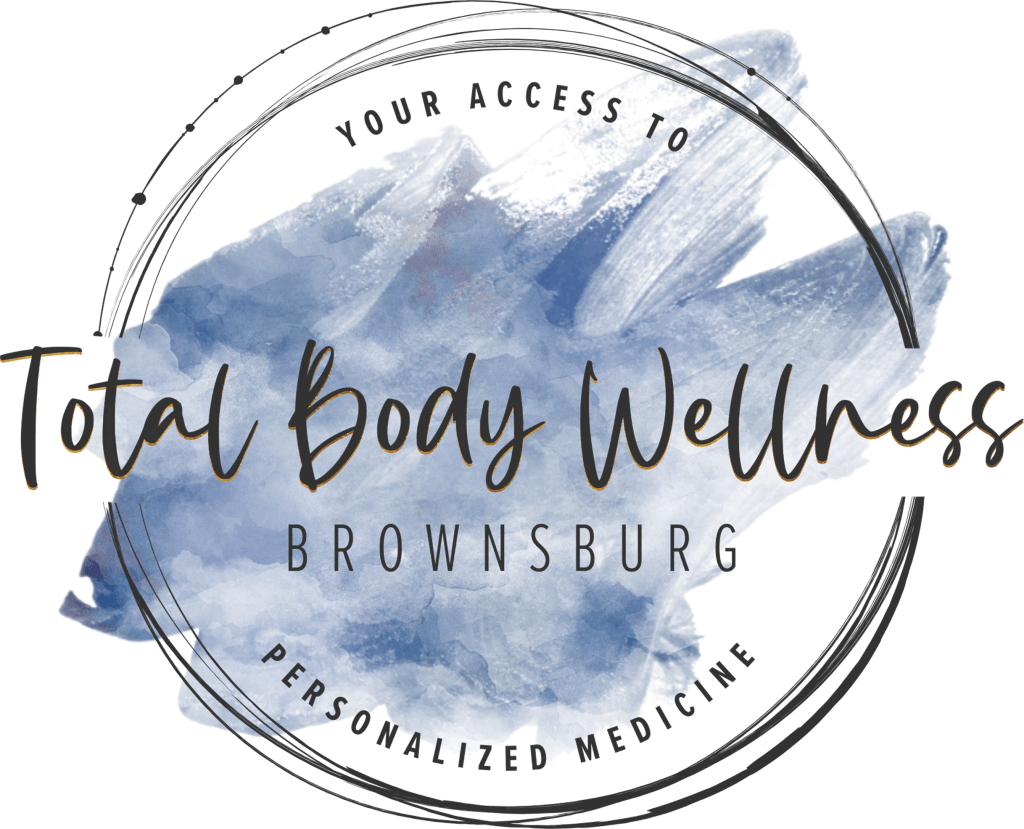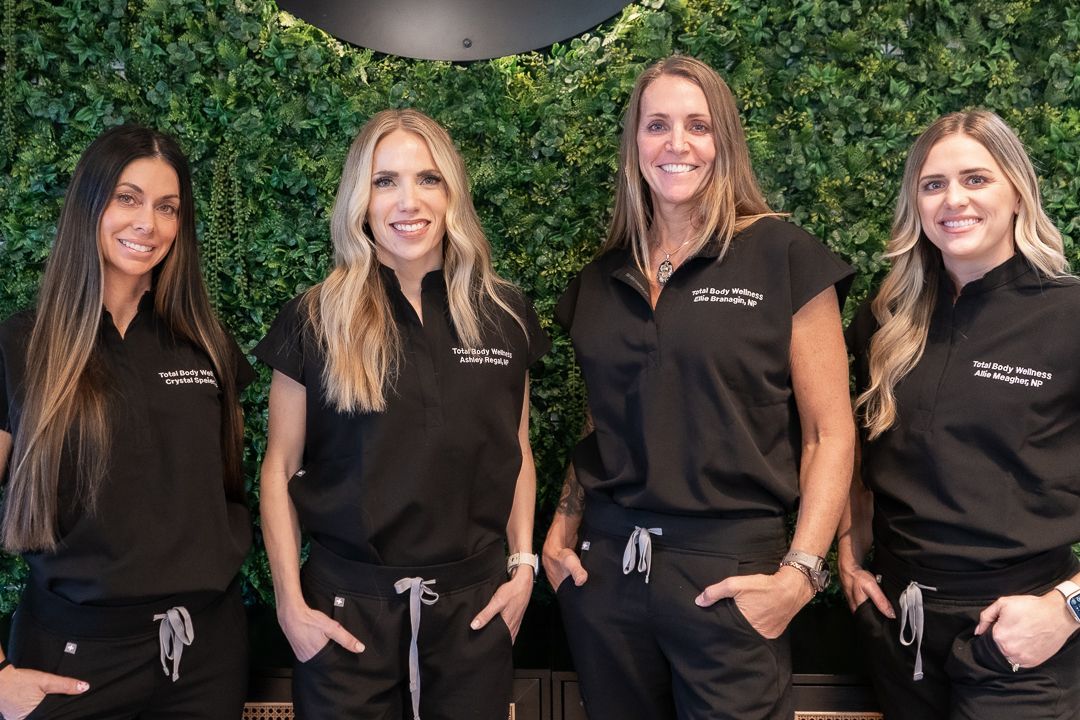What is nutrition counseling?
Nutritional counseling is a process where a health professional helps an individual find out what they should and shouldn’t be eating. Do you know how many calories your body needs? What about specific vitamins or minerals? How much protein, fat or carbohydrates? A nutritional counselor can help answer those questions and more. They may also provide suggestions for healthy alternatives to certain foods, depending on the person’s situation.












